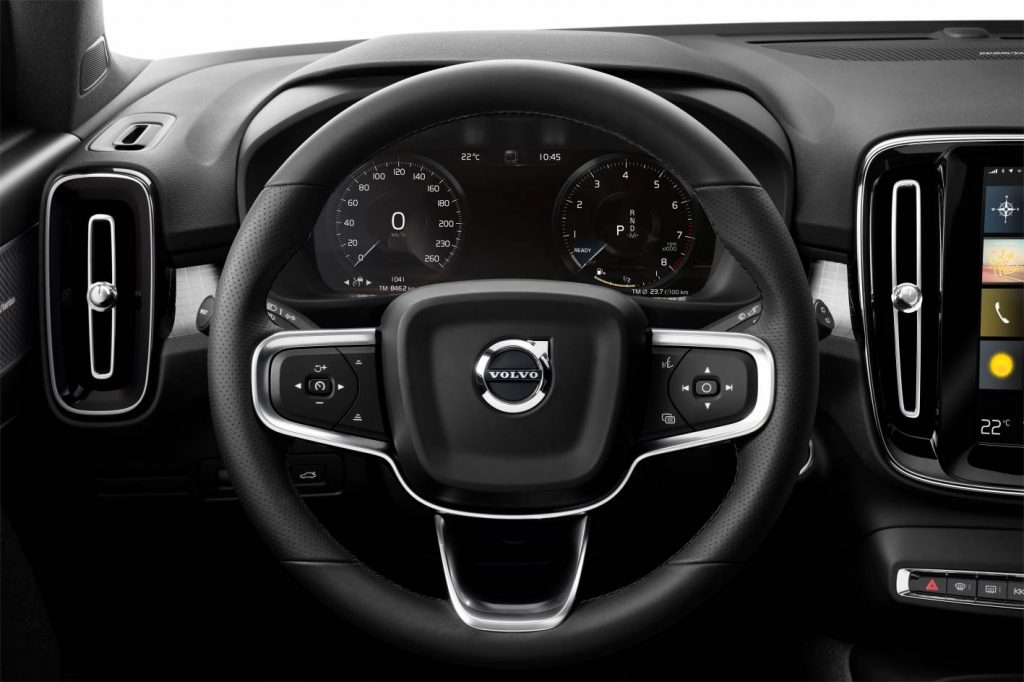Volvo cares enough to save young lives
SPEED IS THE NUMBER ONE cause of deaths and injuries among young Australian drivers. But it’s one variable that can now be controlled to help save lives, thanks to a new innovation from Volvo called Care Key.
Volvo Care Key enables owners to pre-set and lock in the top speed of their car before the driver gets behind the wheel. The technology is designed to reduce the risk when handing the keys to relatives who may be less familiar with the car, or to younger drivers who are less experienced behind the wheel.
New research conducted by Volvo found 47 percent of parents worry about their teenager speeding, while 52 percent of parents say they would like to be able to control the speed of their teenager’s car. Nearly a fifth (19 percent) of parents of teenagers also agree that they would rather catch a taxi than get a lift from their teenager.
Speeding is the number one factor in car accident fatalities in Australia as stated by Greg Bosnich, Volvo Car Australia Director of Public Relations.
“In 2019, 42 percent of fatal crashes occurred at speeds of 100km or more. Nearly 75 percent of these deaths involved male drivers, which indicates a higher rate of risk-taking behaviours among men, especially men between the ages of 17-25.”
“Parents want to be able to share their car with friends and family, but our research shows they worry about how to ensure they are safe on the road. Volvo Care Car is a good safety solution that gives them some extra peace of mind.”
Volvo Care Key comes as standard on all Volvo cars from model-year 2021, allowing any owner to set a speed limit for themselves, their family members or friends.

The launch of the Care Key follows the Volvo’s decision to limit the top speed on all its cars to 180km/h from 2020 in order to send a strong signal about the dangers of speeding.
“Volvo wants to start a conversation about whether car makers have the right, or maybe even the obligation, to install technology in cars that changes their owners’ behaviour. Now that such technology is available to use, this question becomes even more important,” said Bosnich.
“The speed limit and the Care Key are both part of that initiative and illustrate how car makers can take active responsibility for striving to achieve fewer fatalities by supporting better driver behaviour.”
Volvo Care Key is supported by Peter Frazer, the founder of the Safer Australian Roads and Highways (SARAH) Group whose 23-year-old daughter, Sarah, was killed by a truck in a road crash in 2012.
“The avoidable loss of a loved one due to dangerous behaviour like speeding is not something a family or a loved one ever gets over. Everyone has a right to get home safe to their loved ones, so I applaud the launch of Care Key and Volvo’s decision to limit the top speed of its vehicles.”
“Technological innovations such as these will not only save lives, but by limiting speed, help prevent serious injuries on our roads. I applaud this innovation.”
seniordriveraus is also in agreement with this initiative.
Top speeds of 180km/h are more than sufficient in Australia, and limiting the top speed has no effect on the vehicle’s braking and acceleration performance. Of course, we reiterate our oft-repeated mantra that it’s not just speed that’s responsible for road fatalities; inattention and lack of skill are also major factors.
Being able to ensure that younger drivers will not be able to exceed a pre-determined speed will encourage more parents to lend their more modern cars to their offspring (the majority of fatal road crashes involve vehicles older than ten years) and provide peace of mind that inexperienced drivers will not be exploring extreme high speeds.
